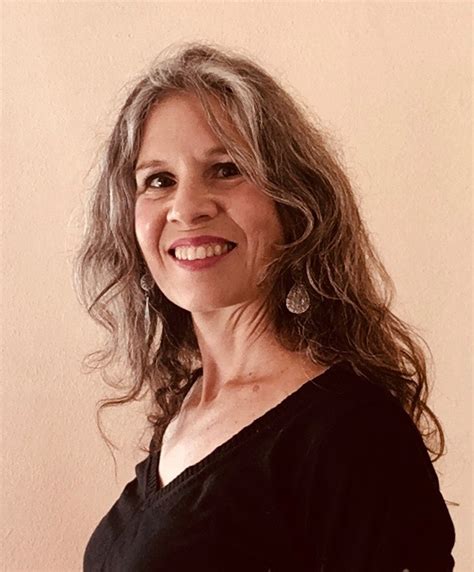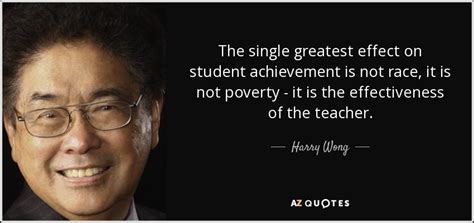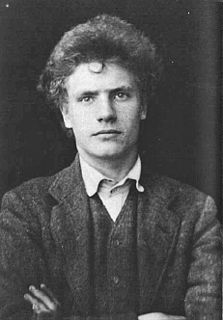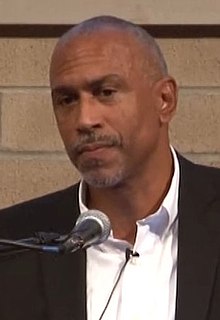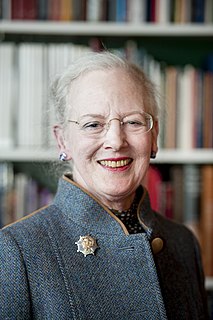A Quote by Hans Hofmann
As a teacher I approach my students purely with the human desire to free them from all scholarly inhibitions, and I tell them, "Painters must speak through paint not through words."
Related Quotes
The easiest method of acquiring the habit of scholarship is through acquiring the ability to express oneself clearly in discussing and disputing scholarly problems. This is what clarifies their import and makes them understandable. Some students spend most of their lives attending scholarly sessions. Still, one finds them silent. They do not talk and do not discuss matters. More than is necessary, they are concerned with memorizing. Thus, they do not obtain much of a habit in the practice of scholarship and scholarly instruction.
Your teacher cannot bridge the gap between what you know and what you want to know. For his words to ‘educate' you, you must welcome them, think about them, find somewhere for your mind to organize them, and remember them. Your learning is your job, not your teacher's job. And all you need to start with is desire. You don't need a schoolteacher to get knowledge - you can get it from looking at the world, from watching films, from conversations, from reading, from asking questions, from experience.
When I speak to students, I tell them why we have a First Amendment. I tell them about the Committees of Correspondence. I tell them how in a secret meeting of the Raleigh Tavern in Virginia, Thomas Jefferson and Patrick Henry, who did not agree with each other, started a Committee of Correspondence.
In the district of Hizan, through the influence of Shaikh Abdurrahman Tagi, known as Seyda, so many students, teachers, and scholars emerged, I was sure all Kurdistan took pride in them and their scholarly debates and wide knowledge and Sufi way. These were the people who would conquer the face of the earth!
Darken your room, shut the door, empty your mind. Yet you are still in great company - the Numen and your Genius with all their media, and your host of elementals and ghosts of your dead loves — are there! They need no light by which to see, no words to speak, no motive to enact except through your own purely formed desire.
We know that African American students tend to be relational learners. It's about the relationships between a teacher and student. Students respond well to teachers they know, believe in them, care about them, but also who teach in a matter that elicits a more active approach to learning, rather than just sitting and listening. The research on this is strong and has been available for a long time, but it is not widely practiced. That's a huge obstacle.
I cannot tell you how many times guides have said to me, "Please tell them to stop praying to me. I can't make things happen. I can't protect them from going through challenging experiences. These are experiences their soul has chosen to go through. I'm here to keep them on their path, but I don't want them to give me all this attention or power or focus." Realistically, the guides I work with are really encouraging people to find their inner voice.




